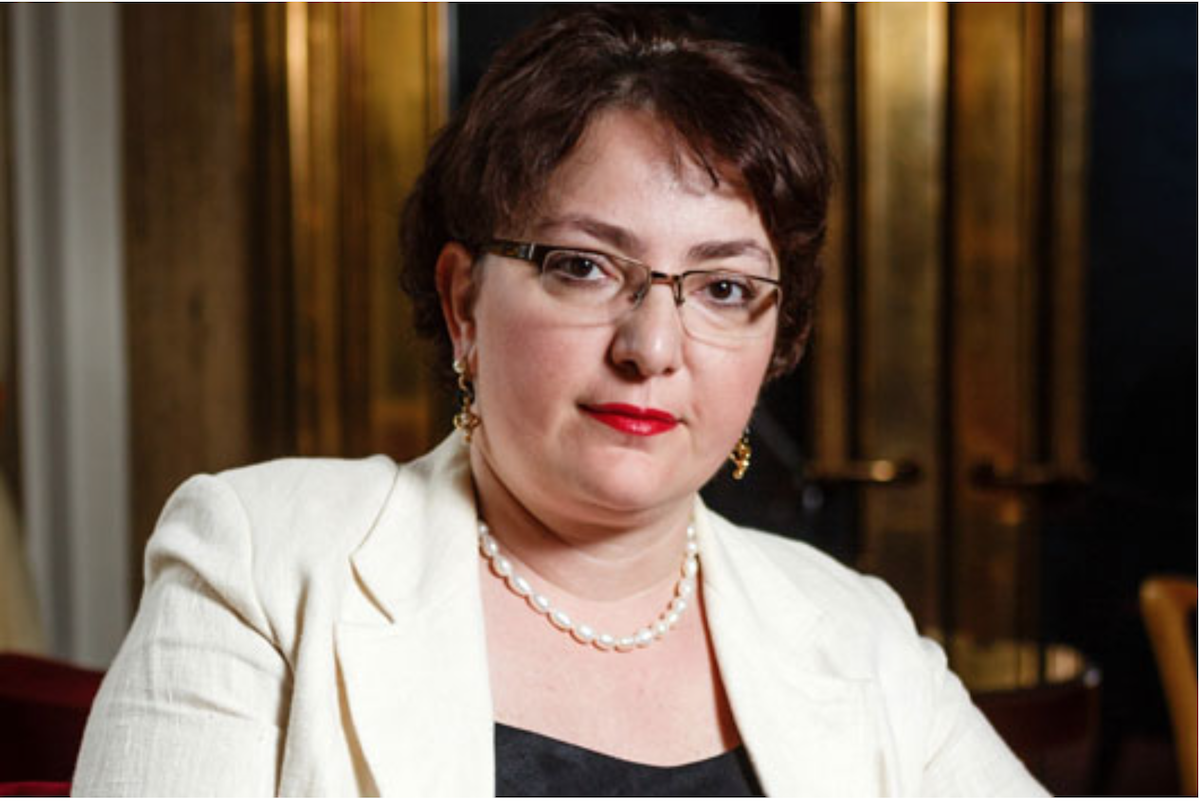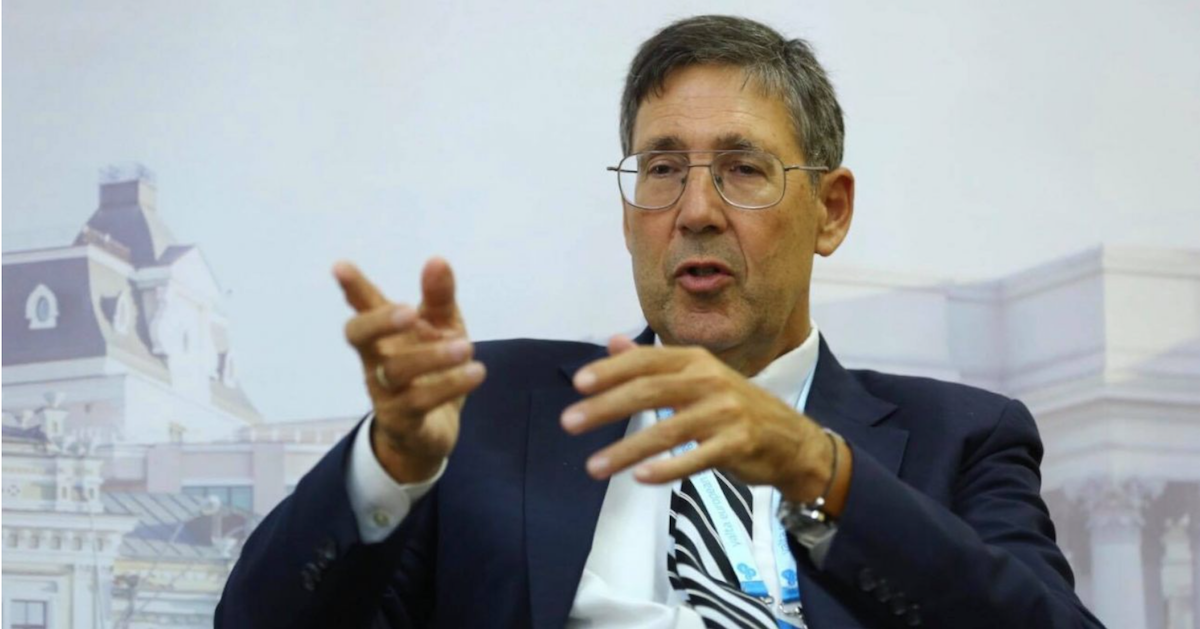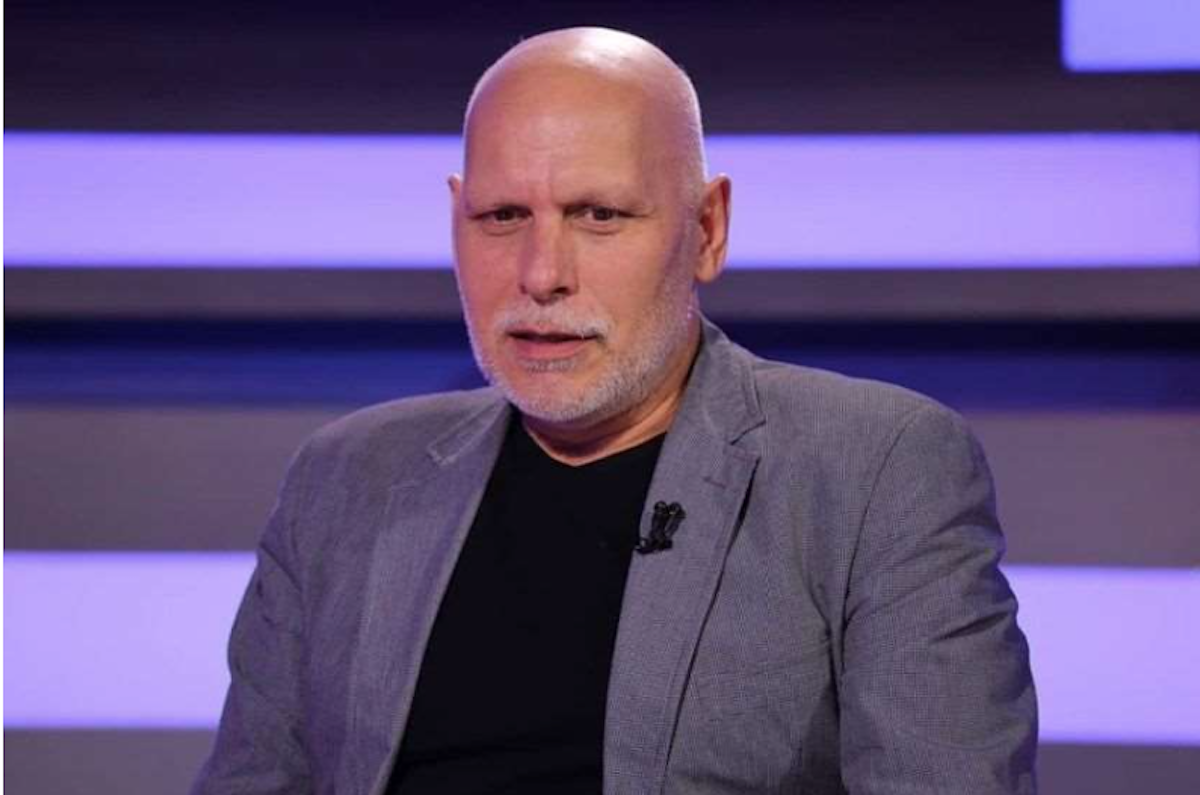Former Georgian ambassador to France: Ivanishvili’s policies aim to turn West against Georgia
Ivanishvili seeks to alienate Georgia from the West
Former Georgian Ambassador to France, Gocha Javakhishvili, has commented on recent developments in Georgia and the inauguration of Donald Trump. He remarked that Trump is likely aware that Georgian authorities summoned the US ambassador to inform him that US actions are “approaching the red line,” warning that Georgia may have to take measures if this continues.
According to Javakhishvili, Bidzina Ivanishvili, Chairman of the Georgian Dream party and de facto leader of Georgia, bears personal responsibility for instability in the country’s foreign policy, the government crisis, and the resulting risks for Georgia and its people.
The parliamentary elections held on 26 October 2024 triggered mass protests across Georgia. Four opposition groups that gained parliamentary seats—three coalitions and one party—unanimously claimed widespread electoral fraud, refused to recognize the new parliament’s legitimacy, and renounced their mandates.
Georgian President Salome Zourabichvili also declared the elections fraudulent and the new parliament illegitimate, along with all its decisions. She announced her intention to remain in office until new parliamentary elections are held, ensuring a lawful transition of power in the country.
On 28 November, Prime Minister Irakli Kobakhidze of “Georgian Dream” announced that Georgia would suspend EU accession talks until 2028. This decision sparked a fresh wave of ongoing protests, with tens of thousands demanding the protection of the constitution, which enshrines the country’s commitment to European integration, and the holding of new parliamentary elections.
What did Gocha Javakhishvili say?
“January 20 has passed. Trump is president. And now what? Have the hopes placed on Trump already been justified? <…> It’s still too early to draw conclusions.
Trump is surely aware that in Georgia, the US ambassador was summoned and informed that the actions of his country are approaching the red line, and if this continues, Georgia will have to take appropriate measures.
This is not just a lack of communication with our partners but a real collapse caused by the rhetoric of the authorities.
A moderately cautious policy towards Russia, the refusal to impose bilateral sanctions against it while fully adhering to international sanctions—all this was a clear policy, and future governments will also have to determine their strategies with global geopolitical realities in mind.
But attacks on our traditional [Western] partners through rhetorical jargon and hostile language—this is a strategy designed to make the West reject Georgia. So that then, for a country left in isolation, the only way out would be an alliance with Russia, China, and Iran. This way, the Georgian authorities can justify themselves: ‘We wanted integration with the West, but you lost us.’
I think no one is fooled anymore by the idea that Georgia is not needed by either the West or Russia and can ensure its security and prosperity on its own. Unfortunately, this is impossible, and it’s time to abandon these destructive illusions. This rhetoric only serves the interests of Georgian politicians and their executors, not the country. <…>
The repressions carried out by political authorities against artists, journalists, and active members of society fighting for freedom have extremely harmful consequences for democracy in the country.”
I am deeply concerned about this situation; we are already witnessing a civil conflict, which is extremely dangerous, and here’s why:
- In all societies, actors, artists, and journalists play a fundamental role in expressing ideas and opinions, often protesting against injustice. Suppressing their freedom of speech creates an atmosphere of fear in society. <…> I’ve said this many times and will repeat it again: personally, for the sake of democracy in my country, I would prefer that artists and journalists have excessive freedom rather than fear to express their opinions freely;
- When the government cannot tolerate criticism and threatens artists and journalists—those for whom freedom of speech is the main condition of existence and creativity—it automatically cultivates censorship and stigmatization, affecting not just the repressed groups but all citizens. <…> As a result, just like during the painful [Soviet] past, people stop openly discussing political or social issues due to fear and distrust. I already feel this in my daily conversations with friends and relatives;
- The people protesting today have a significant impact on public opinion. They are educated, cultured, and well-informed. By suppressing their voices, the authorities weaken civil society, intimidate the population, and limit its ability to mobilize against injustice to express accumulated grievances or concerns. Businesses are threatened with destruction, their reputations are damaged, students are detained and imprisoned, supposedly for ‘blocking roads,’ but in reality—for their solidarity with the protest. Laws have become meaningless;
- The country is already isolated on the international stage due to repeated violations of human rights and freedoms, as well as the disregard for the pro-European stance of the majority of the population. This has inflicted enormous damage on the country’s reputation and limited its diplomatic and cultural ties, which will inevitably lead to serious economic and social consequences soon. <…> The population will completely lose trust in state institutions, and the unrest will become widespread.
I am certain that Ivanishvili, whose shrewdness we cannot deny, fully understands that he is responsible for this political instability, the government crisis, and the resulting risks for the country and its people.”
Ivanishvili seeks to alienate Georgia from the West





















